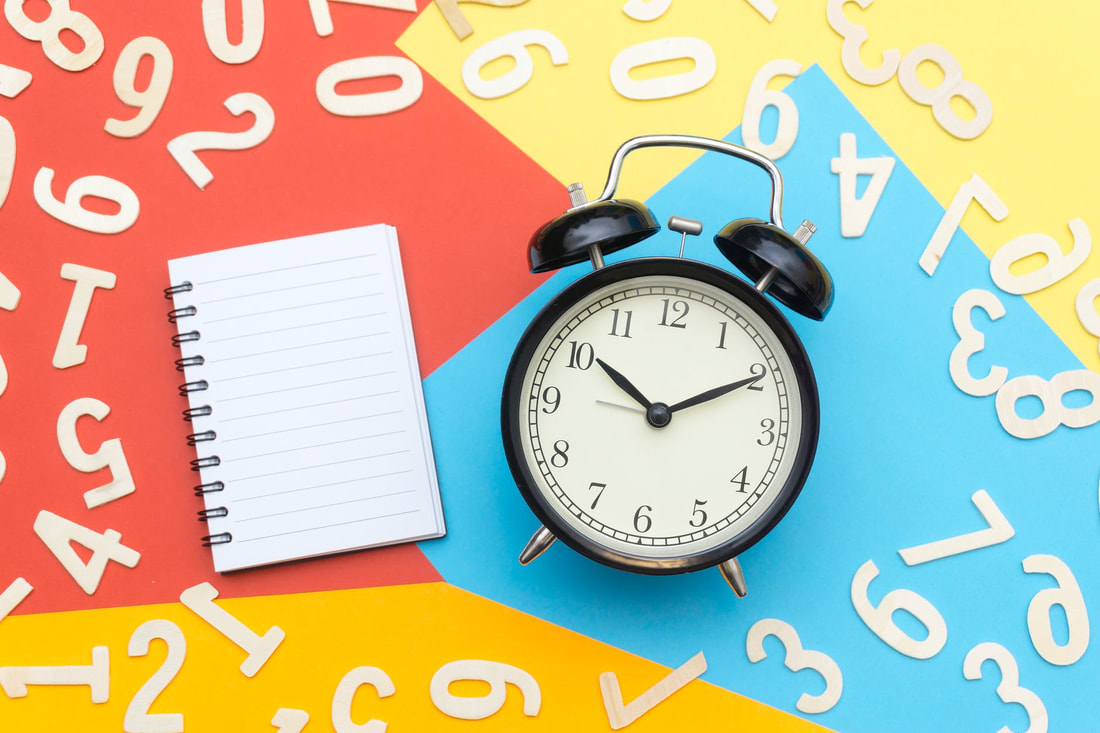
To understand how to handle constant complainers, it's important to first recognize that they may not even realize they are doing it. They may think that they are just talking but they may not realize that they are on their third, fourth, or fifth complaint in a row.
One way to deal with a chronic complainer, you have the opportunity to shift the conversation or ideally, to start the conversation on a positive note. We can try to make a mental list of the topics that they often complain about and avoid mentioning them.
Another strategy is to be aware of how you think about boundaries. Often, people think they are setting boundaries when they are actually just trying to change the other person. You can determine how you listen. You can determine what you do when the other person complains but you can't make them stop complaining. So, if you find yourself trying to set a boundary by attempting to "make" them stop complaining, that may be a sign that you should consider limiting your interactions with them altogether. This is the choice that you have with chronic and constant complainers.









